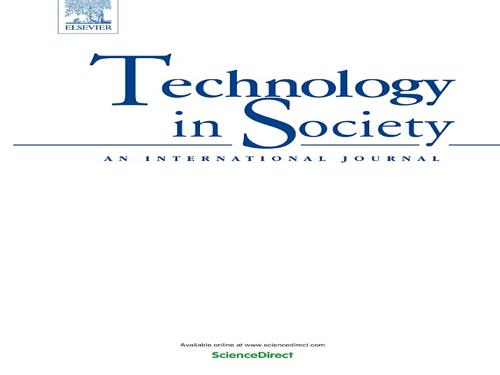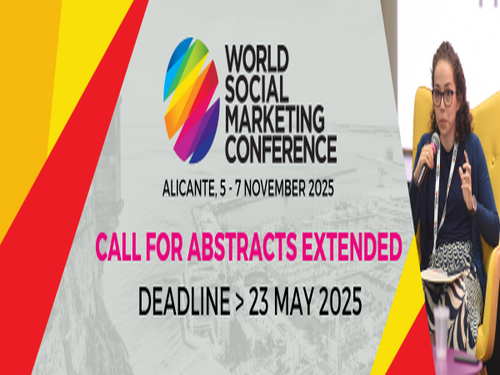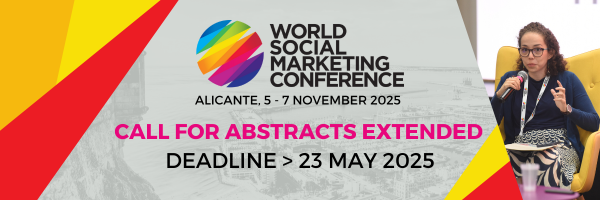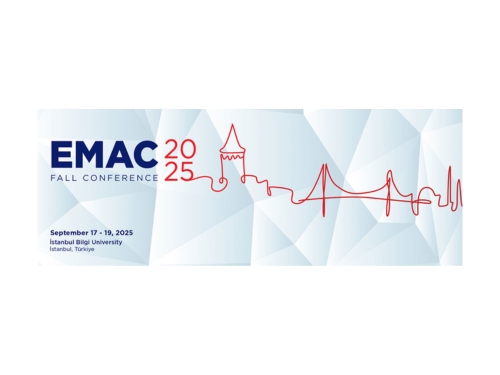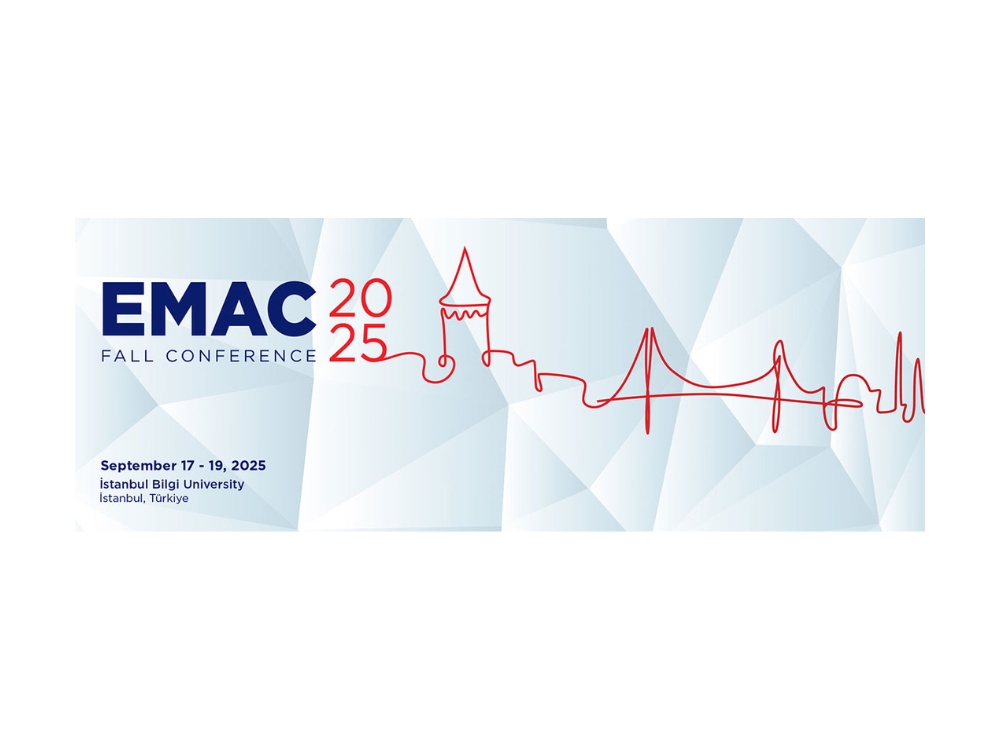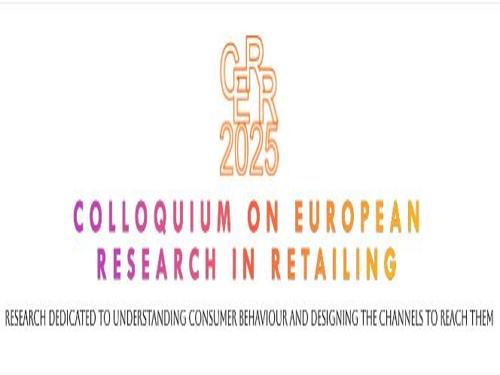
Submission of Proposals 2025
PLEASE NOTE THAT ALL SUBMISSIONS SHOULD BE WRITTEN IN ENGLISH AND SENT
ELECTRONICALLY in MS Word format to :
Stefania Borghini (This email address is being protected from spambots. You need JavaScript enabled to view it. and This email address is being protected from spambots. You need JavaScript enabled to view it.) Gregorio Fuschillo (This email address is being protected from spambots. You need JavaScript enabled to view it.)
Submissions must include the following:
- A cover email, a completed application form, including the proposal's title, with the names and addresses (including email addresses) and affiliations of all authors, etc. Please designate two potential beneficiaries of the grants (one SIM member and one AFM member) and provide phone and fax numbers for each of these two persons as well. Submitters will of course receive an email acknowledgement;
- The body of the proposal, which should be no more than 5 pages for work-in-progress and 1 pages for papers including tables, figures, and references, shall contain:
• A statement of the proposed, substantive contribution and importance of the proposed research, and ending with relevant research questions, propositions, proposed theory or critical hypotheses.
• A summary literature review sufficient to demonstrate the integration of the research into the extant marketing research base or a written argument demonstrating the innovative nature of the research precluding such integration.
• A methods section that succinctly outlines the (possible) research design, including the relevant population and nature of the sample (respondents or subjects, if any) and procedure.
• A (tentative) conclusion, including (expected) results, potential implications, and a discussion of the potential for impact from the research.
Proposal Format Requirements:
• 5-page limit for work-in-progress and 15-page limit for papers, including references, figures, tables;
• Contents must be single spaced; 12 point Times New Roman font (or equivalent);
• One inch margins on all four sides;
• Title of proposal at the top of page one;
• Page numbers
- A resume/curriculum vitae for each co-author.
Proposals must be received no later than May 30th 2025. Submissions will be acknowledged via email. Co-authors will be notified by June 16th 2025.



